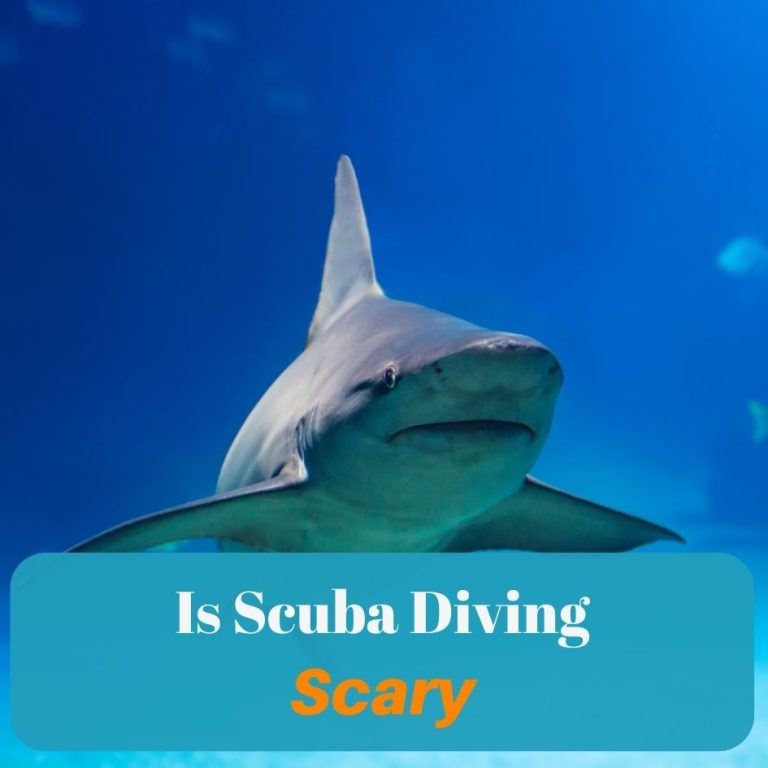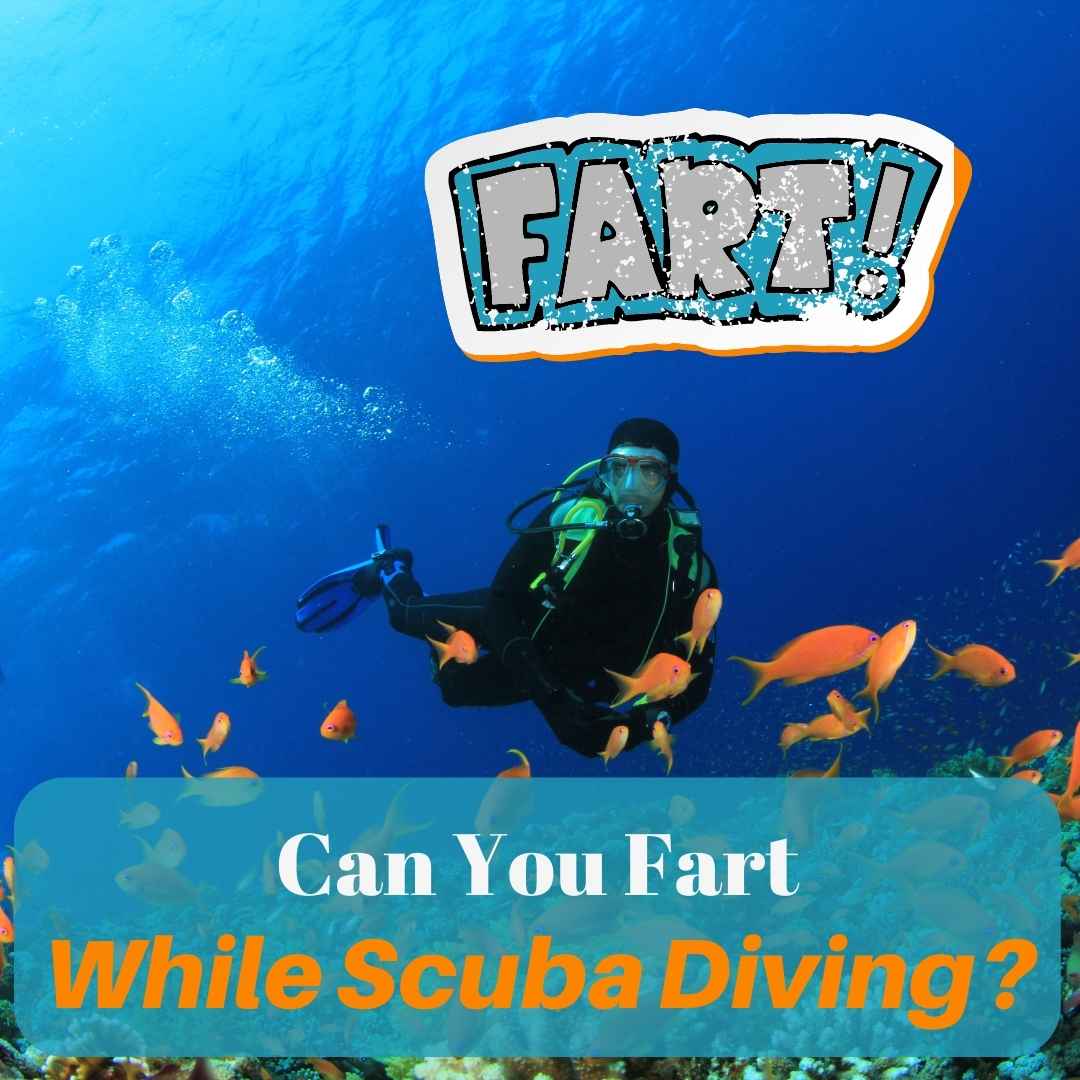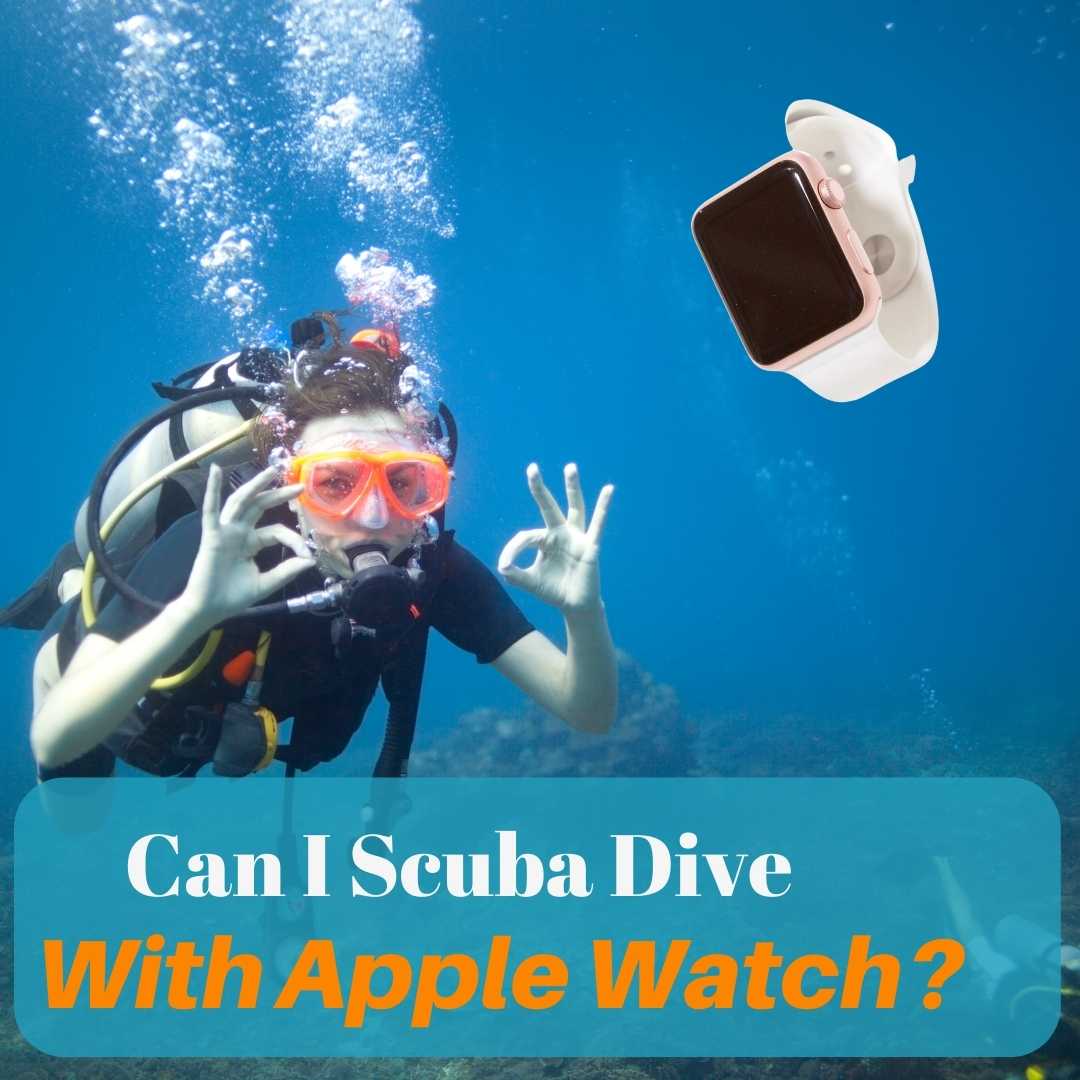Scuba diving taps into the innate human curiosity to explore the underwater realm, a world vastly different from our own. It is an activity that invites people to experience the beauty of marine life, the tranquility of being beneath the waves, and the thrill of breathing underwater. However, it’s not uncommon for newcomers to feel apprehensive about their first dive. Fears such as running out of air, equipment failure, or encountering marine life can make the prospect of diving seem daunting.

Understanding the legitimate concerns of divers is the first step in addressing them. Proper training, sound equipment, and practices like buddy checks play crucial roles in creating a safe diving experience. Despite fears, many find that with adequate preparation and experience, diving becomes less intimidating over time. It transforms into an enjoyable activity that people practice worldwide. Acknowledging and confronting the initial trepidation can lead to an enriching and life-long pursuit of underwater adventures.
Key Takeaways
- Diving invites adventure but can also cause apprehension among beginners.
- Safety in scuba diving is enhanced through proper training and equipment.
- Initial fears usually diminish with experience and understanding of the activity.
Table of Contents
Understanding Scuba Diving

Scuba diving is a practice that allows an individual to explore underwater environments. It is essential to understand the fundamentals of the activity, as well as the equipment used and preparation involved, to ensure safety and enjoyment.
Scuba Diving Basics
Scuba diving allows individuals to breathe underwater using a self-contained underwater breathing apparatus (SCUBA). This practice requires a combination of physical fitness, proper training, and an understanding of the basics of underwater navigation and safety. The essential skills for scuba diving typically include:
- Learning how to equalize pressure in the ears and sinuses
- Mastering buoyancy control
- Communicating through hand signals
Equipment and Preparation
The right equipment is crucial for a safe and enjoyable dive. A standard scuba diving kit includes:
- A mask for clear vision underwater
- A snorkel, which can be used at the water’s surface
- Fins for efficient movement through the water
- A regulator to breathe from the tank
- A buoyancy control device (BCD) to control one’s position in the water
- A wetsuit for thermal protection
Preparation for a dive involves several key steps:
- Checking all equipment thoroughly before every dive
- Planning the dive according to one’s certification level
- Being informed about the dive site conditions, such as currents and visibility
- Reviewing emergency procedures with fellow divers
Factors Contributing to Fear

In discussing the various reasons individuals may find scuba diving intimidating, it’s essential to distinguish between common fears and the reality of risks involved. Recognizing these elements helps to address concerns effectively.
Common Fears and Misconceptions
Many individuals experience anxiety about scuba diving due to a range of concerns, often fueled by common misconceptions. Fears such as drowning, encountering marine life like sharks, or equipment failure are prevalent. These fears can be amplified by the thought of being deep underwater and removed from one’s comfort zone. However, proper training and understanding of scuba diving principles typically alleviate most of these worries.
- Fear of Drowning: Concerns about not being able to breathe or getting trapped underwater.
- Claustrophobia: The feeling of being enclosed or restricted while diving.
- Thalassophobia: A phobia involving fear of the vast expanse of the sea.
- Fear of Marine Life: Worry about interactions with sharks or other potentially dangerous creatures.
- Equipment Malfunction: Apprehension that the diving gear may fail.
Risk Assessment
Risks in scuba diving are quantifiable and can be minimized through meticulous preparation and following established safety protocols. Studies show that a considerable percentage of scuba diving incidents are linked to pre-existing health conditions, including cardiac events. Understanding these risks contribute to a comprehensive assessment:
- Pre-existing Health Conditions: Acknowledging and managing health issues before participating in scuba diving.
- Cardiac Events: Being aware of the cardiovascular demands and risks associated with diving.
- Training Level: The importance of proper certification and adherence to safety regulations.
- Equipment Checks: Regular maintenance and pre-dive checks to ensure gear functionality.
By engaging with these factors, divers are better equipped to manage their fears and enjoy scuba diving as a safe and rewarding activity.
Overcoming Fear
Overcoming the fear of scuba diving primarily involves thorough preparation and mental readiness. Two fundamental approaches can support this process: obtaining proper training and employing psychological strategies.
Training and Certification
- Education: Knowledge is power, and understanding how scuba equipment works can alleviate fear. Beginners should start with a certified beginner’s course where safety is the top priority. Course Level Skills Acquired Open Water Basic scuba skills, emergency procedures Advanced Deeper water diving, navigation
- Practice: Repeatedly practicing skills until they become second nature builds confidence underwater.
- Supervised Experience: Diving with an instructor or experienced diver can help novices feel more secure.
Psychological Strategies
- Visualization: Visualizing a successful dive including entry, time underwater, and ascent, can help mitigate anxiety.
- Breathing Techniques: Proper breathing is crucial to staying calm. Slow, deep breaths can help control panic.
- Gradual Exposure: Exposure therapy involves slowly confronting the aspects of diving that induce fear in a controlled environment.
- Support System: Diving with a trusted buddy provides an additional layer of safety and can be very reassuring.
Frequently Asked Questions
In addressing common concerns, this section offers insights into managing fears and ensuring safety while scuba diving, particularly for beginners.
What are common techniques to manage fear and anxiety while scuba diving?
Individuals often use controlled breathing techniques and mental rehearsal to manage fear and anxiety underwater. Divers are encouraged to stay close to their buddy and communicate effectively with them to enhance their sense of security.
How does one ensure their safety when scuba diving for the first time?
Safety for first-time divers involves thorough training, understanding and using the appropriate diving gear, and adhering to diving protocols. Beginners should always dive with a certified instructor or experienced buddy.
What challenges do beginners often face when learning to scuba dive?
Beginners typically grapple with mastering buoyancy control, equalizing ear pressure, and navigating underwater environments. These skills require practice and become more manageable with experience.
How difficult is it to breathe underwater when scuba diving?
Breathing underwater with scuba gear is not inherently difficult, but it requires divers to get accustomed to breathing slowly and deeply through the mouthpiece of a regulator.
What are the main risks associated with scuba diving?
The primary risks include decompression sickness, ear and sinus barotrauma, running out of air, and encountering hazardous marine life. However, proper training and following dive safety rules significantly reduce these risks.
How can a beginner prepare mentally and physically for their first scuba diving experience?
Beginners can prepare for diving by familiarizing themselves with the equipment, practicing breathing techniques, and engaging in physical conditioning. It’s also helpful to learn about the marine environment they will be exploring.




